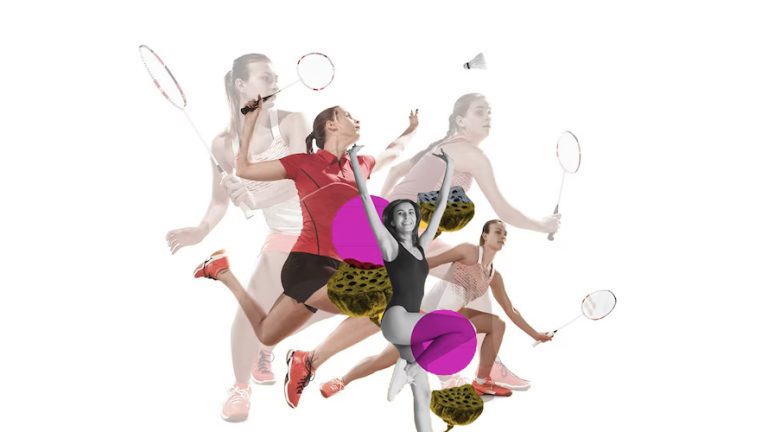Unequal pay and gender parity in sports are affecting women’s participation in sports
Women have been ostracized from many facets of society, including sports, for far too long. Though more and more women are breaking through boundaries and dominating their particular sports as the movement for gender equality and gender diversity in sports has gained steam in recent years. Women’s participation in sports not only offers them chances for personal development and physical health but also fosters equality and goes against social standards.
Even with this development, there are still numerous obstacles that female athletes must overcome, such as unequal pay in sports and a lack of representation in positions of leadership. However, the battle for gender parity in sports rages on, along with the desire for a more welcoming and equitable future for all athletes, irrespective of gender.
Despite the many advantages of women participating in sports, there are still various obstacles they must overcome. The issue of unequal remuneration is one of the main barriers. Despite achieving comparable levels of accomplishment and setting comparable records, female athletes frequently earn much less than their male counterparts.
For instance, in tennis, the Grand Slam competitions award equal prize money to male and female players, but many minor competitions continue to have large wage gaps. This unfair treatment harms the players’ lives and sends the wrong message to young females who want to pursue careers in sports.
The underrepresentation of women in executive roles in sports is another issue. Women are frequently passed over for administrative and coaching positions, which supports gender disparity in the sports business. Young women may lack role models as a result of this lack of representation, which may also restrict their possibilities to advance in the field.
Women persist in achieving records and breaking down boundaries in the world of sports despite these obstacles. Women’s athletes, for instance, broke numerous records and made history at the 2021 Tokyo Olympics. For instance, during the competition, American gymnast Simone Biles performed a Yurchenko double pike in the vault, making history. This achievement, which had never been made by a female gymnast before, cemented Biles’ place among the all-time greats.
Women are uniting to demand greater equality in sports in addition to their successes. For instance, the Women’s National Basketball Association (WNBA) has been a leader in advancing gender equality in sports. To promote gender equality within the sport and improve the prominence of women’s basketball, the league has established measures like paid maternity leave and higher player salaries.
In recent years, there has also been a notable increase in the amount of media attention given to women’s sports. The media has been essential in drawing attention to women’s accomplishments and raising awareness of women’s sports. For instance, the Women’s World Cup in 2019 received record media interest, with over 14 million Americans watching the United States vs. Netherlands final match alone.
Beyond the realm of athletics, gender equality is promoted and societal conventions are questioned by the participation of women in sports. Women in sports show the strength and potential of women in all spheres of life by dismantling obstacles and dispelling misconceptions. Additionally, the campaign for gender equality in athletics sends a strong message to society, enticing individuals to question gender conventions and stereotypes in many facets of life.
In conclusion, women’s participation in sports is crucial for promoting gender equality, personal development, and physical health. Despite major advancements, women still face numerous obstacles in the field of sports, such as unequal pay and a lack of representation in executive positions. But female athletes keep moving forward, setting records and breaking down boundaries while motivating new female athletes to follow in their footsteps. The future of women in sports appears hopeful and promises more inclusion and equality on the pitch with continuous efforts and support.






Add comment